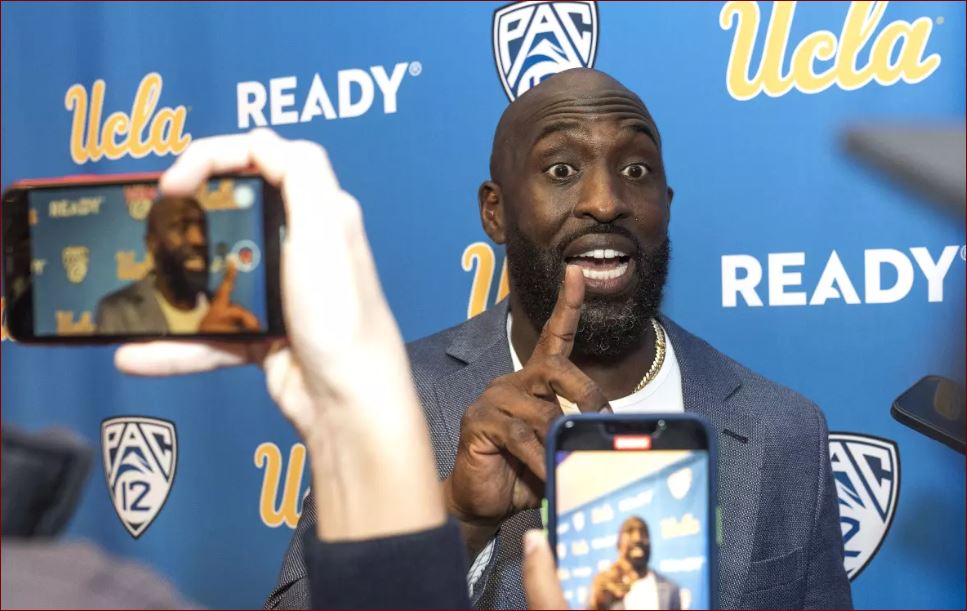
Frenk, a product of Miami’s prominent football culture, is poised to make a significant impact on college sports on the West Coast through his support for UCLA’s athletic programs.
Following his approval as the new UCLA chancellor by the University of California regents, Julio Frenk addressed the board, discussing his background, UCLA’s mission, challenges in higher education, and more. Frenk, a physician from Mexico City who has held significant roles in public service and academia, including as the president of the University of Miami, emphasized his role as a “boundary-spanner.”
As Frenk prepares to assume his position in January, his tenure is expected to bring substantial changes to UCLA athletics and potentially influence college sports across the West Coast. The choice of Frenk by the regents signals a positive outlook for UCLA, steering clear of hypothetical alternatives lacking experience in major college sports.
The incoming chancellor’s familiarity with the complexities of collegiate athletics, including his past work with University of Miami head coach Mario Cristobal and understanding of issues like Name, Image, and Likeness (NIL), bodes well for UCLA’s sports programs. Frenk’s shared history with UCLA Athletic Director Martin Jarmond from their time in the ACC board of directors adds to the optimism surrounding his appointment.
Considering the significant financial implications for UCLA stemming from their move to the Big Ten conference, Frenk’s leadership will be tested in managing the increased revenue from media rights and the College Football Playoff. However, the substantial rise in operational costs, including new travel expenses, contributions to Cal’s athletic department, revenue-sharing with athletes, and heightened scholarship expenses, poses a challenge.
With rising operational costs potentially offsetting a sizable portion of the increased revenue, UCLA’s fiscal sustainability under Frenk’s leadership remains a concern. The current financial standing of the athletic department, marked by operational deficits and accumulated debt, coupled with limited direct support from the university, raises questions about UCLA’s ability to compete effectively in the Big Ten without significant changes to their financial model.
Frenk’s arrival as UCLA’s chancellor brings both opportunities and challenges for the university’s athletic programs, with a financial balancing act ahead to ensure competitiveness within the new conference landscape.

Leave a Reply